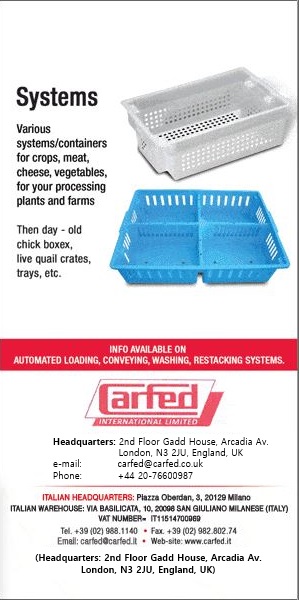The Food and Agriculture Organization’s (FAO) desert locust response programme is supporting rural farming households in Somaliland to address acute food insecurity in rural areas, combining generous funding from Sweden and that from other resource partners
The climate-smart livelihood kit is tailored to the needs and vulnerabilities of distinct livelihood zones with the provision of land preparation services and quality and locally adapted and drought-resistant crop seed varieties. The kit includes multi-layered hermetic storage bags which help reduce post-harvest losses.
Hibo Hussein, who lives in Quljeed village, Borama District, relies on rain-fed farming. She grows corn, maize and various kinds of vegetables with her family, and is part of the 46% of the population working in agriculture. Her region, Awdal, is one of the worst affected by the desert locust and droughts in Somalia, which have caused significant losses in crops, water sources and pastures, leaving livestock in poor condition and households food insecure. Farmers like Hibo also received training on good agricultural practices, gaining new skills to adapt to a future affected by climate change resulting in an increasing frequency of droughts and other climate-related disasters.
"Drought and desert locusts are a major threat, because it keeps happening, and there will be no farms left and nothing to feed our children. It will be difficult for people to survive. FAO supported us with land preparation and bought us seven different types of seeds," Hibo added.
The integrated intervention supported farmers in Somaliland with four tractor hours to increase land under production and maximise crop yields in addition to the provision of 30 multi-layered hermetic storage bags each to minimise post-harvest losses. With the core-funding of another resource partner, the same farmers were also supported with locally-adapted seed varieties that are drought tolerant and can provide families with sources of food, income as well as fodder from crops. The seed kit (cereal, vegetable, pulse and/or legume seeds) is tailored to farmers' needs and traditional practices in Somaliland's different regions. The seed kit included 12 kg of sorghum, 10 kg of cowpea, 12 kg of mung beans and 240 g of assorted vegetable seeds.
"We also included unconditional cash transfers to ensure immediate access to basic food needs, while restoring their own food production and income. The cash and agricultural livelihood programme incorporates trainings on good agricultural practices and good nutrition practices" said Elizabeth Karungo, FAO in Somalia Emergency Programme officer.
Women like Hibo received cash transfers to help them cover their immediate food and other basic needs until their crops were harvested. Before payment of cash entitlements, the beneficiaries were verified by a mobile network operator (MNO). This involved the identification of beneficiaries with a pre-loaded photo collected during registration and capturing of a new GPS photo. The SIM cards and phone numbers were also verified to make sure that the money went into the right hands.
FAO has moved to fully digitalise unconditional cash transfer systems. The FAO-designed mobile money system allows beneficiaries to receive payments through their cell phone. The system is safe, efficient and convenient and reduces risks associated with moving with cash such as extortion or taxation. It is also a relief to people like Hibo in areas affected by droughts and desert locusts.










